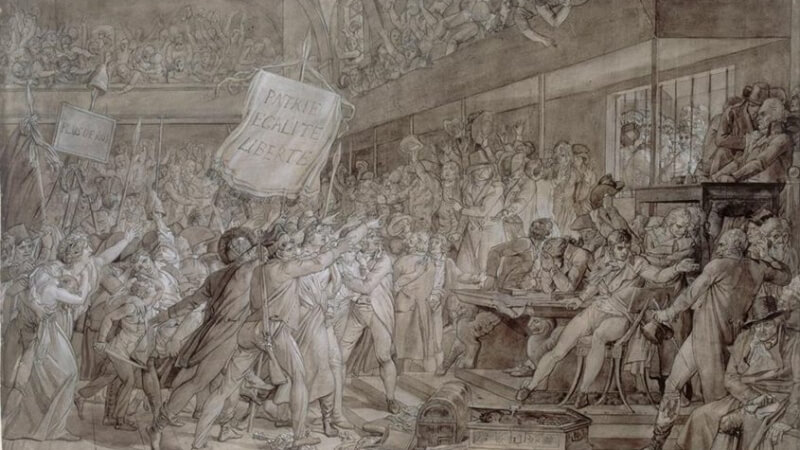David A. Eisenberg is an associate professor of political science at Eureka College. His recent online work has appeared in Quillette, Law & Liberty, American Greatness, and The Imaginative Conservative, among other places. His first book, Nietzsche and Tocqueville on the Democratization of Humanity, is forthcoming (Lexington Books, 2022).

